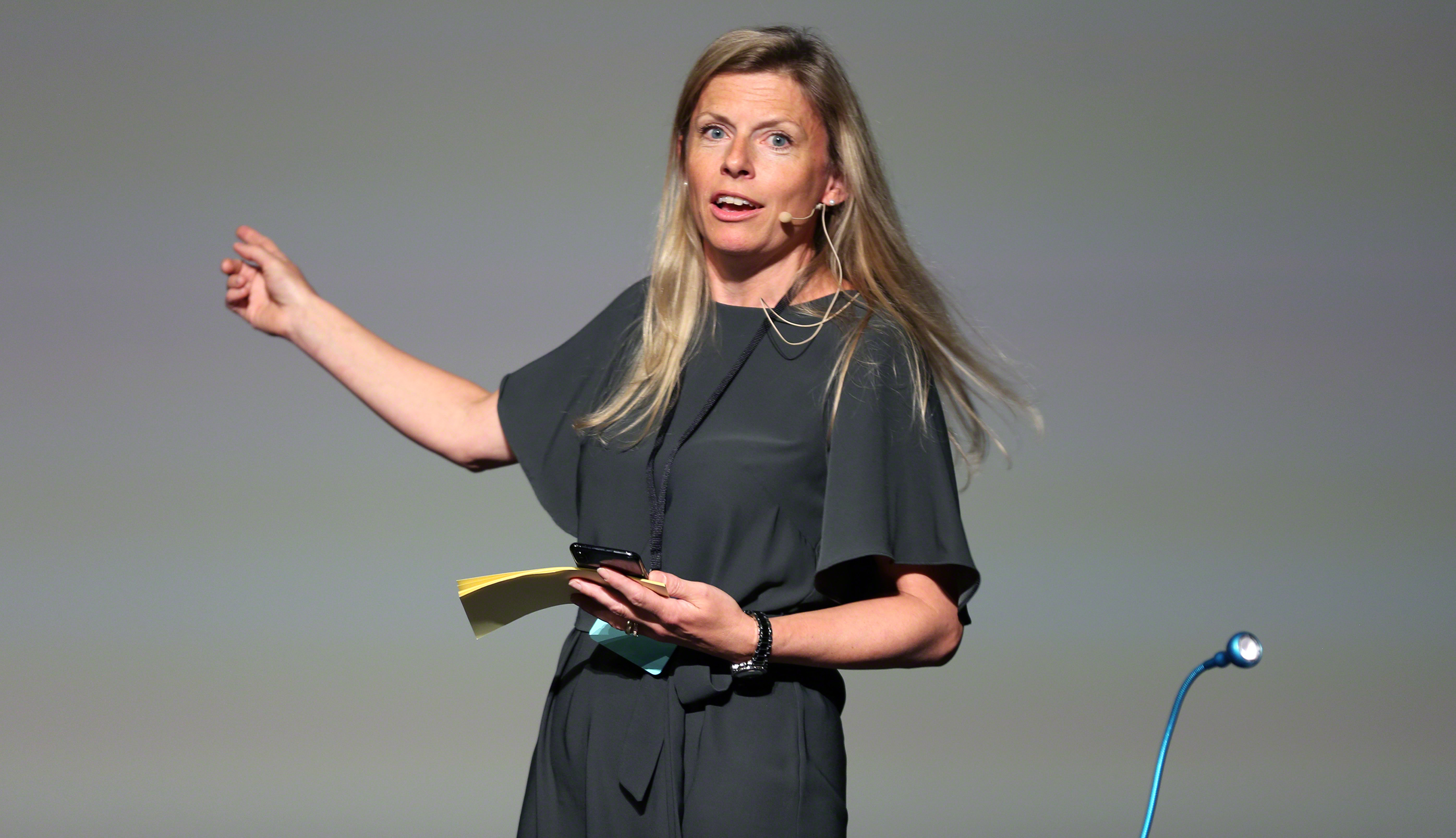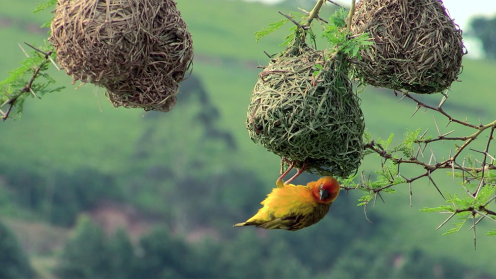Summary

On Friday, participants to the Trondheim Conference on Biodiversity heard presentations on communication, outreach, and the role of stakeholders with regard to the post-2020 global biodiversity framework, as well as on key cross-cutting issues, including capacity building, resource mobilization, and research needs. They addressed the draft Co-Chairs' report, which will be finalized in the coming weeks on the basis of participants' input; heard comments on next steps from Conference Co-Chairs' Nina Vik and Finn Katerås, and the Co-Chairs of the Open-ended Working Group of the Convention on Biological Diversity (CBD) on the post-2020 framework Francis Ogwal and Basile van Havre; and heard a closing statement from Ellen Hambro, Norwegian Environment Agency.
Jane Smart, International Union for Conservation of Nature (IUCN), stressed the need for increased clarity of the post-2020 framework and its targets, and for alignment with the Sustainable Development Goals (SDGs). Carlos Manuel Rodriguez, Minister of Environment and Energy, Costa Rica, emphasized the need for: phasing out perverse incentives; open and transparent objectives regarding resource mobilization; and aligning public and private investments with national biodiversity strategies and action plans.
Sudhanshu Sarronwala, WWF International, highlighted a WWF study examining consumer mindsets in ten developing countries, where half the people believe that biodiversity is declining, but only 40% see biodiversity and nature as an important source of raw materials for the economy; and only one third associate biodiversity with basic necessities such as food and fresh water. Highlighting how targets are influencing business, Alice Durand-Reville, Danone, explained that Danone has committed to carbon neutrality by 2050 throughout the whole value chain, which entailed rethinking products and energy consumption.
Joji Cariño, Forest Peoples Programme, presented on the contributions of indigenous peoples and local communities to CBD implementation, and lessons shared through the Local Biodiversity Outlooks. Christian Schwarzer, Germany, and Melina Sakiyama, Brazil, Global Youth Biodiversity Network, urged addressing overproduction and consumption, global inequalities, and assassinations of nature defenders. Jamison Ervin, UN Development Programme, highlighted the need for developing capacities to: replicate; scale-up; transform supply chains; tell a good story; unleash private sector capital; create a planetary safety net; and buffer the most vulnerable.
Mark Zimsky, Global Environment Facility (GEF), noted that the GEF's seventh replenishment has been reoriented to address the systemic and underlying drivers of biodiversity loss, adding that a two-track investment strategy is focusing on: cities; sustainable forest management; and food systems, land use, and restoration. Meriem Bouamrane, Man and the Biosphere Programme, UNESCO, highlighted: the contribution of culture and of diverse knowledge and value systems; the role of education and life-learning processes; the need for countries to have endogenous research and monitoring capacities; interdependency between biodiversity and development issues; and the need to address urban issues.
Francis Ogwal and Basile van Havre, Co-Chairs of the CBD Open-ended Working Group on the post-2020 framework, identified new elements to be addressed, including the need to involve new sectors, and consider new factors such as population change, food and agriculture, human health, deforestation, and restoration.
Conference Co-Chairs Nina Vik and Finn Katerås announced that all conference outputs, including the Co-Chairs' report and powerpoint presentations, will be available on the conference webpage. They expressed the hope that the Conference provided knowledge, friendships, inspiration, and motivation to participants, and invited them to provide their feedback in the upcoming month.
Ellen Hambro stressed the scientific basis has never been bolder, and the biodiversity crisis never higher on the global agenda. She expressed her appreciation to all participants for their enthusiasm and dedication, and closed the Conference at 1:00 pm.
